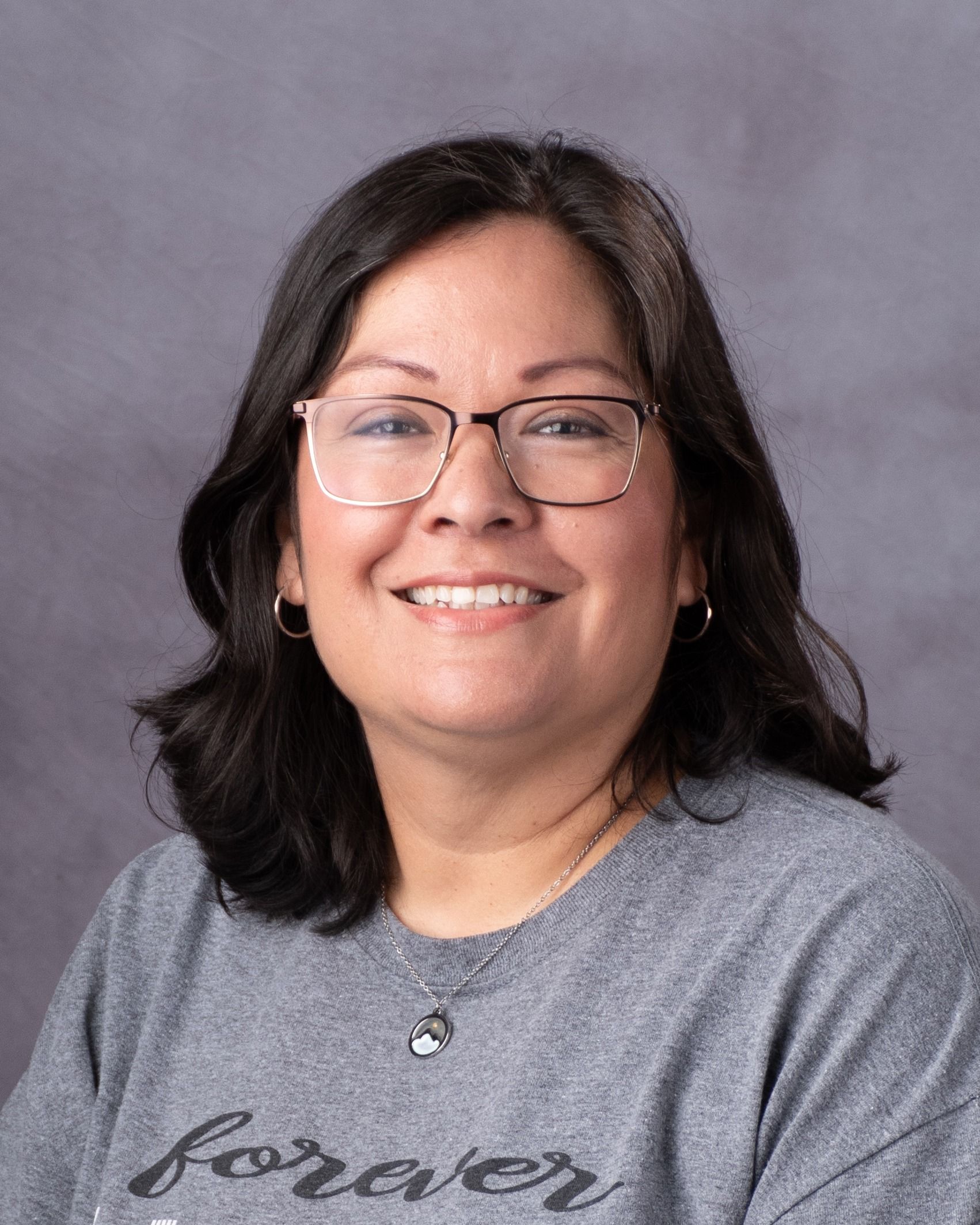Special Education
Page Navigation
What is Dyslexia?
Overview
-
Mission
The mission of the WISD Dyslexia Department is to provide all eligible students with dyslexia with the multisensory and phonological awareness skills necessary to compensate for deficiencies in the areas of reading, writing, and spelling, to nurture strong self-esteem, and to provide opportunities to develop their talents.
Special Education Department
1000 US Hwy 77 North
Waxahachie, TX 75165
(972) 923-4638 -
Definition
According to the Texas Education Code §38.003, Dyslexia is a disorder of constitutional origin manifested by difficulty in learning to read, write, and/or spell, despite conventional instruction, adequate intelligence, and socio-cultural opportunity.
Dyslexia is a specific learning disability that is neurological in origin. It is characterized by difficulties with accurate and/or fluent word recognition and by poor spelling and decoding abilities. These difficulties typically result from a deficit in the phonological component of language that is often unexpected in relation to other cognitive abilities and the provision of effective classroom instruction. Secondary consequences may include problems in reading comprehension and reduced reading experience that can impede the growth of vocabulary and background knowledge.
Children learn to read, write, and spell in different ways. A balanced reading program should meet the needs of most students. Students who do not learn to read, write, and spell when presented with a broad, balanced literacy program should be offered a variety of alternative strategies to meet this goal. If these alternative strategies are unsuccessful, the student may have a reading disorder, sometimes known as dyslexia.
Students who exhibit signs of dyslexia may need intervention treatment to be successful in school. Waxahachie Independent School District offers a dyslexia program for students who meet the eligibility criteria. Students identified as being dyslexic will be given support and appropriate accommodations to be successful in their academic programs.
-
Program Goals
WISD strives to have an exemplary dyslexia program for students enrolled in grades K-12. In response to the intervention process, WISD monitors students regularly utilizing formal and informal observations, student data, and other assessments, including but not limited to DRA, ISIP, benchmarks, and/or curriculum-based measures.
WISD is committed to the development and implementation of a dyslexia program that addresses both the Texas Education Code § 38.006 and the Texas Administrative Code § 7.28.
Addressing WISD’s commitment, the following reflects the goals of the district dyslexia program:
- Identify, refer, and evaluate students in grades K-12 who may be demonstrating characteristics of dyslexia and related disorders;
- Provide instructional treatment options for students identified with dyslexia and related disorders;
- Provide staff development that includes:
-
- Characteristics of dyslexia
- Assessment of dyslexia
- Intervention strategies and accommodations
- Provide a parent education program that includes:
-
- Awareness of the characteristics of dyslexia and related disorders
- Information on testing and educational diagnosis of dyslexia
- Information on effective strategies and options for parents to use at home to effectively communicate and help their child with dyslexia and related disorders
- Information on state assessment accommodations and/or accommodations allowed for post-secondary testing (PSAT/ACT/SAT)
Objective
All campuses, in response to the intervention process, will identify students with dyslexia and related disorders and provide appropriate, individualized services.
-
Standard Instruction Protocol
- Alphabet
- Instant Spelling Deck
- Instant Words
- New Learning
- Phonological Awareness I
- Phonological Awareness II
- RAP
- Reading Deck
- Spelling
-
Talking Book Program
Free access to the Talking Book Program is available to your child.
The Talking Book Program (TBP) provides free library services for Texans of any age who are blind or have a visual, physical, or reading disability. Registered TBP patrons may borrow books and magazines in digital audio, Braille, and large print.
Materials and playback machines are mailed to your door, completely free of charge—you do not have to pay for postage when you return them. Eligible Texas residents who cannot read standard printed materials in the usual manner can complete an application and return it by mail. TBP will call you to set up an account after the application is approved. Contact us for any questions or comments you may have.
Resources
- Academic Language Therapy Association
- Dyslexia Handbook
- Información para las padres
- Information for Parents
- International Dyslexia Association
- Learning Ally
- Parent Resource Network
- Region 10 Educational Service Center
- Texas Scottish Rite Hospital for Children
- TWC Vocational Rehab - Youth & Students
- Understood
- WISD Dyslexia Parent Education Program (2024-25)
Contact Us
- Clift
- Coleman
- Dunaway
- Dunaway and Wedgeworth
- Felty
- Felty and Howard
- Finley
- Howard
- Marvin
- Northside
- Northside and Simpson
- Ray
- Shackelford
- Simpson
- Special Education
- Wedgeworth
- WHS & GHS
- Wilemon
| Showing results for "Professor named Smith at Elementary School" |

- Bonnie Bearden, M.Ed.

- Nancy Brackenridge

- Stephanie Cavazos, CALT

- Gladys Covert

- Christina Gann

- Brittany Hardwick, M.Ed.

- Brandi Harlan, M.Ed.

- Jean Jones, M.Ed.

- Roxanne Meche, M.Ed., LDT, CALT

- Ashley Mendoza, M.Ed. LDT, CALT

- Jennie Mendoza, M.Ed., CALT

- Candace Petricca, M.Ed., LDT, CALT

- Nydia Rivera

- Stephanie Rodriguez

- Eloisa Rodriguez, CALT

- Elizabeth Smith, M.Ed., LDT, CALT

- Torre Smith, MSSW, CALT

- Shanna Thomas, M.Ed.

- Laura Tillman

- Elizabeth Winn

